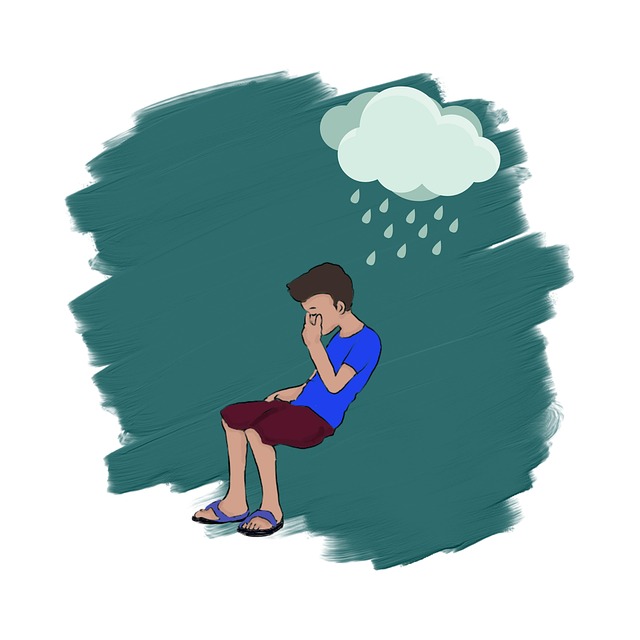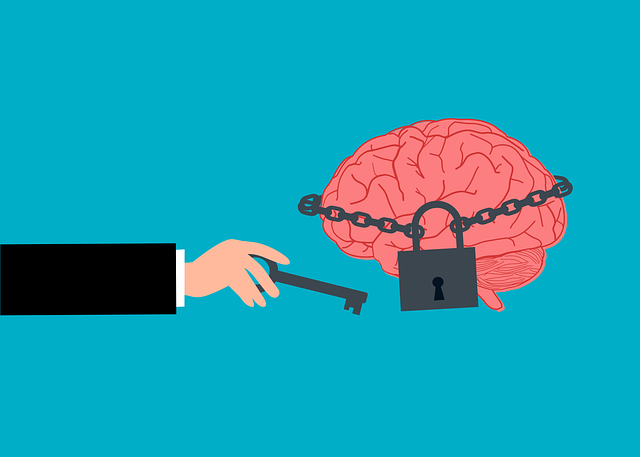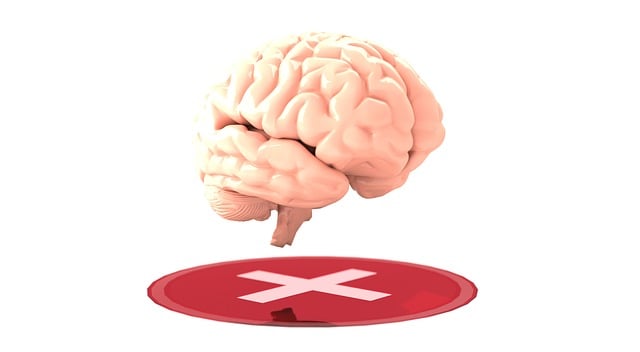Marketing mental wellness apps like Lafayette Drug Abuse-Substance Abuse Therapy requires understanding and segmenting target audiences, emphasizing self-care trends, and highlighting evidence-based therapy. Integrate a unique selling point (USP) focusing on holistic solutions, mental health awareness, and community outreach. Content marketing through exercises, podcasts, and success stories establishes authority and builds trust. Leverage social media with influencer collaborations to drive online presence and advocacy for better mental health policies. Continuous app improvement based on analytics and user feedback ensures a reliable resource for Lafayette Drug Abuse-Substance Abuse Therapy.
In today’s digital age, mental wellness apps are a game-changer in providing accessible therapy. This article explores a comprehensive marketing strategy for such apps, focusing on reaching and engaging a diverse audience. We delve into understanding your target market, highlighting unique features like Lafayette Drug Abuse-Substance Abuse Therapy as a key differentiator. Content marketing, social media partnerships, and influencer collaborations are strategies to build awareness. Additionally, we emphasize the importance of analytics and user feedback for continuous improvement, ensuring the app meets its users’ evolving needs.
- Understanding Target Audience for Mental Wellness Apps
- Integrating Lafayette Drug Abuse-Substance Abuse Therapy: A Unique Selling Point
- Content Marketing Strategies for App Awareness and Education
- Leveraging Social Media and Influencer Partnerships
- Measuring Success: Analytics and User Feedback for Continuous Improvement
Understanding Target Audience for Mental Wellness Apps

Understanding your target audience is paramount when developing a marketing strategy for mental wellness apps, especially those addressing issues like Lafayette Drug Abuse-Substance Abuse Therapy. These individuals often seek personalized solutions that cater to their unique challenges. By segmenting your audience, you can tailor your messaging effectively. For instance, some users might prefer discreet, one-on-one therapy sessions, while others could benefit from community-focused support groups or engaging mental wellness podcast series production.
Self-care practices are a growing trend among individuals looking to manage their mental health proactively. Marketing strategies should highlight how the app incorporates these practices, offering a sense of community and belonging. Additionally, considering demographic factors like age, gender, and cultural backgrounds is essential for creating inclusive content. Implementing successful Community Outreach Program Initiatives can also help engage at-risk populations, ensuring your app’s accessibility and relevance in addressing Lafayette Drug Abuse-Substance Abuse Therapy concerns.
Integrating Lafayette Drug Abuse-Substance Abuse Therapy: A Unique Selling Point

Integrating Lafayette Drug Abuse-Substance Abuse Therapy into your mental wellness app’s marketing strategy is a powerful unique selling point (USP). With a growing awareness and focus on mental health, many users are seeking holistic approaches to well-being. By offering access to evidence-based substance abuse therapy alongside traditional self-care practices, your app caters to a diverse range of users. This dual approach addresses not just the symptoms but also the underlying causes of common mental health issues, such as anxiety relief.
Marketing this feature effectively can attract those looking for comprehensive solutions rather than quick fixes. Highlighting the app’s role in fostering mental health awareness and promoting self-care practices will resonate with a significant portion of users. Emphasize that Lafayette Drug Abuse-Substance Abuse Therapy is just one part of a larger strategy, encouraging individuals to take proactive steps towards managing their mental wellness while ensuring they have access to professional support when needed.
Content Marketing Strategies for App Awareness and Education

To raise awareness about mental wellness apps, particularly those focused on substance abuse recovery like Lafayette Drug Abuse-Substance Abuse Therapy, content marketing is a powerful tool. Creating and sharing valuable, relevant content helps establish credibility and builds trust with potential users. Implement Self-Awareness Exercises and Mental Wellness Podcast Series Production to engage audiences, offering insights into various aspects of mental health and recovery. Discuss real-life success stories, debunk myths, and provide practical tips tailored to the target audience’s needs.
Educational content can take many forms, from blog posts that delve into specific mental health topics to interactive online workshops. Incorporate Mental Health Policy Analysis and Advocacy discussions to highlight the importance of support systems and resources available. By sharing knowledge and fostering open conversations around mental wellness, these apps can position themselves as indispensable tools in the journey towards better mental health and recovery from substance abuse.
Leveraging Social Media and Influencer Partnerships

In today’s digital age, leveraging social media platforms is a powerful strategy for marketing mental wellness apps. By creating engaging content that resonates with target audiences, such as individuals seeking Lafayette Drug Abuse-Substance Abuse Therapy, apps can build a strong online presence. Utilizing influencers who advocate for mental health and possess substantial followings can expand reach and credibility. These partnerships allow apps to tap into existing communities, fostering trust and encouraging downloads.
Influencers in the mental health space can share their personal experiences with therapy, highlighting the benefits of emotional intelligence and conflict resolution techniques. Such authentic storytelling can inspire followers to prioritize their mental health policy analysis and advocacy and take proactive steps towards improving their well-being. This strategy not only promotes the app but also contributes to a broader culture of open dialogue about mental wellness.
Measuring Success: Analytics and User Feedback for Continuous Improvement

Measuring success is a cornerstone for any mental wellness app, ensuring its effectiveness and relevance in helping users navigate their mental health journeys. By utilizing robust analytics tools, developers can gain valuable insights into user engagement patterns, identifying popular features, and understanding drop-off points within the app experience. This data enables continuous improvement, allowing for feature enhancements, bug fixes, and tailored content creation to address specific user needs.
User feedback is another powerful metric, providing direct communication between developers and the target audience. Incorporating feedback loops encourages open dialogue about the app’s impact on users’ lives. By addressing concerns, implementing requested features, and showcasing improvements in depression prevention, coping skills development, and mental health education programs design, the app can foster a sense of community and continuous growth, ultimately enhancing its reputation as a reliable Lafayette Drug Abuse-Substance Abuse Therapy resource.
Developing a comprehensive marketing strategy for mental wellness apps involves understanding your target audience, leveraging unique selling points like Lafayette Drug Abuse-Substance Abuse Therapy, and utilizing diverse content and social media marketing tactics. By integrating analytics and user feedback, developers can continuously improve their apps, ensuring they meet the evolving needs of users seeking mental health support. This multi-faceted approach not only increases app awareness but also fosters a sense of community and trust among users, ultimately contributing to improved mental wellness outcomes.












